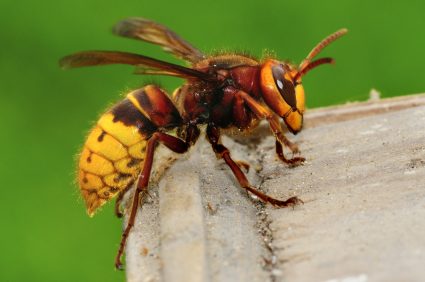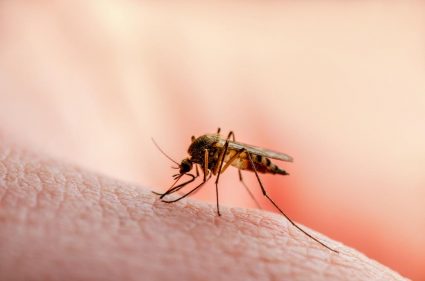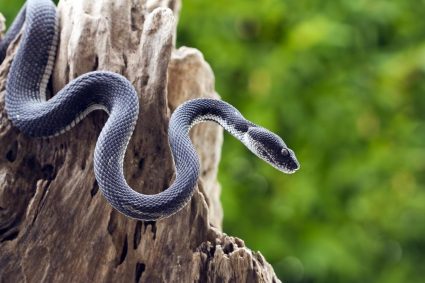
Goats are known for their voracious appetites and ability to consume a wide variety of plant species. However, there are certain plants that they tend to avoid or dislike. Understanding these preferences can be beneficial for farmers, pet owners, and anyone interested in maintaining a goat-friendly environment.
Goats generally dislike plants with strong scents or tastes such as Oregon Grape Holly, Hydrangea, Sage, Lavender, Cayenne Pepper, Mullein, Nightshade, Cogon Grass, and Salal. They also tend to avoid toxic plants like Azaleas, China berries, Sumac, Dog fennel, Bracken fern, Curly dock, Eastern baccharis, Honeysuckle, Nightshade, Pokeweed, Red root pigweed, Black cherry, Virginia creeper, and Crotalaria. However, their preferences can be influenced by factors like age, health, geographical location, and climate.
Misconceptions About Goats’ Plant Preferences
Contrary to popular belief, goats are quite selective eaters. They don’t eat everything in sight, and they certainly don’t consume poor-quality pasture without a second thought. Goats have a strong preference for the choicest bits of greenery, and if they don’t like the quality of hay, they will refuse it. They are also not fans of food that smells “off” or a little mildewed.
Plants Goats Generally Dislike
Goats tend to avoid certain plants due to their scent or taste. Some of these include:
- Oregon Grape Holly
- Hydrangea
- Sage
- Lavender
- Cayenne Pepper
- Mullein
- Nightshade
- Cogon Grass
- Salal
While goats may still nibble on these plants out of curiosity or if other food sources are scarce, they generally prefer to steer clear of them.
Toxic Plants that Goats Avoid
There are also some plants that are toxic to goats, and they tend to avoid them. These include:
- Azaleas
- China berries
- Sumac
- Dog fennel
- Bracken fern
- Curly dock
- Eastern baccharis
- Honeysuckle
- Nightshade
- Pokeweed
- Red root pigweed
- Black cherry
- Virginia creeper
- Crotalaria
Impact of Geography and Climate
Geographic location and climate can impact the types of plants that goats dislike. The climate and geographic location influence the types of plants that grow in a region, which in turn affects the plants that goats may or may not consume.
Health and Age Influence
The age and health status of a goat can influence its plant preferences. Young animals tend to be more selective than older animals when it comes to feed preferences. The physiological state of the animal, impacted by its health status, can also influence diet selection.
Benefits of Knowing Goats’ Plant Preferences
Understanding what plants goats dislike can help farmers and pet owners provide a better diet for their goats, effectively control invasive plants, prevent toxicity, restore habitats, and manage vegetation in a cost-effective manner.
In conclusion, while goats are known for their hearty appetites, they do have their dislikes. Recognizing these preferences can help in maintaining their health and productivity, as well as preserving your precious plants.
Frequently Asked Questions
Are all plants that goats avoid toxic to them?
No, not all plants that goats avoid are toxic to them. While there are certain plants that are toxic and hence avoided by goats, there are others that they simply dislike due to their scent or taste.
Can goats eat roses?
Yes, goats can eat roses. They are known to enjoy a variety of plants and flowers, including roses. However, it’s important to ensure that any plant your goat consumes has not been treated with pesticides or other harmful chemicals.
Can I train my goat to avoid certain plants?
Training a goat to avoid certain plants can be challenging as goats are naturally curious and like to explore their environment. However, by providing a variety of preferred foods and ensuring a secure enclosure, you can minimize the risk of them eating unwanted plants.
Are goats good for weed control?
Yes, goats can be excellent for weed control. They have a diverse diet and can consume many types of vegetation, including many weeds that other livestock will not eat. This makes them a valuable tool for managing invasive plants and restoring habitats.
How can I ensure my goat is getting a balanced diet?
A balanced diet for goats often includes a combination of pasture, hay, grains, and access to clean water. You can also provide a mineral mix specifically designed for goats to ensure they are getting the necessary nutrients. Regular vet check-ups are also important to monitor their health and diet.










